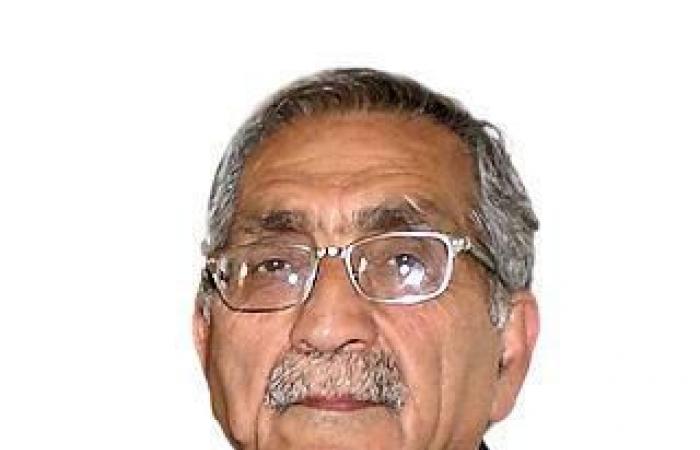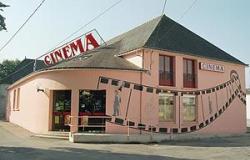The guest –
Iran: energy crisis and public anger
The big problems facing the country underline the incompetence of those in power.
The guest Posted today at 6:43 a.m.
Subscribe now and enjoy the audio playback feature.
BotTalk
Despite its vast reserves of oil and natural gas, Iran faces an energy crisis that underscores the ineffectiveness of its ruling theocracy. In recent weeks, the country has been hit by rotating power cuts, made worse by winter conditions. Schools, universities and government offices were forced to close or operate reduced hours, while industrial factories had to halt production, causing significant economic losses.
Although the Iranian regime attributes the crisis to external factors, such as sanctions and suspected clandestine attacks, the root causes lie in decades of corruption, mismanagement and neglect of public welfare. Iran’s energy infrastructure is outdated and inefficient, with significant losses in transmission and a heavy reliance on gas-fired power plants that cannot meet growing demand. The regime’s priorities – regional influence and military efforts rather than domestic needs – have exacerbated the situation. Unauthorized cryptocurrency mining, seen as a way to circumvent sanctions, has consumed huge amounts of electricity, putting more pressure on the network. The decision to limit the use of fuel oil in power plants for environmental reasons has also reduced electricity generation capacity.
The regime’s failure to resolve the energy crisis has fueled public anger. Daily power outages and disruptions to essential services have frustrated citizens. Protests have broken out in cities including Tehran and Isfahan, where traders are protesting power cuts affecting their businesses, and residents are chanting slogans against the management.
Iran’s history of protests over economic grievances – from demonstrations against rising fuel prices in 2019 to more recent demonstrations – suggests that the current energy crisis could reignite broader movements. Iran’s opposition, the National Council of Resistance of Iran (NCRI), has criticized the regime’s management of the energy sector, highlighting the irony of exporting electricity while the population suffers from power cuts.
Systemic failure
The energy crisis symbolizes a deeper systemic failure within an autocratic regime that prioritizes its survival over the public good. Incremental change under the current regime is unlikely to resolve these crises. A transition to democratic, secular government could lead to significant improvements in infrastructure modernization, sustainable energy policies and equitable distribution of resources. Such a government would also enable civil society to tackle critical issues like environmental degradation, workers’ rights and gender equality.
Did you find an error? Please report it to us.







